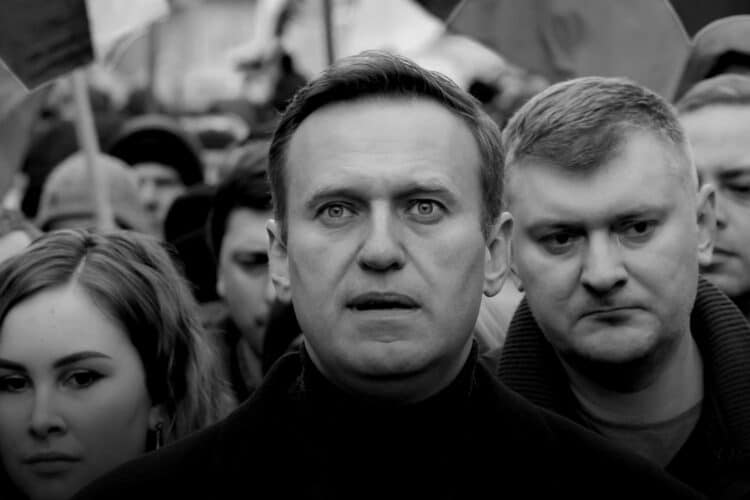The recent death of Alexei Navalny, a leading figure in Russia’s opposition movement, has sparked reactions worldwide.
Alexei Navalny dies: What’s the cause of death?
Navalny, known for his vocal criticism of the Kremlin, died in a penal colony in the Arctic Circle, where he was serving a 19-year sentence under a ‘special regime’.
The cause of his death remains undisclosed by prison officials, with the Kremlin also stating it has no information regarding the circumstances leading to his demise.
Five key facts to know about Navalny
Here are five essential facts about Navalny, providing insight into his life, work, and the legacy he leaves behind:
Early Life and Education
Born on 4 June 1976, in Butyn, Moscow Oblast, Navalny grew into a prominent lawyer, politician, and anti-corruption activist.
His education included stints at the Peoples’ Friendship University of Russia, the Financial University under the Government of the Russian Federation, and a non-degree fellowship at Yale University.
Political Career and Activism
Navalny’s political journey was marked by his leadership in the Russia of the Future party and his founding of the Anti-Corruption Foundation (FBK).
He was recognised as a prisoner of conscience by Amnesty International and awarded the Sakharov Prize for his human rights work.
Navalny’s efforts were primarily aimed at exposing corruption within Russia’s political elite, including a notable campaign against Dmitry Medvedev that led to mass protests.
Legal Challenges and Imprisonment
Over the years, Navalny faced numerous legal challenges, including charges of embezzlement, which he and his supporters claimed were politically motivated.
His candidacies in elections were repeatedly blocked, and in 2021, after returning from Germany where he was treated for a poisoning attempt, he was arrested and later sentenced to additional prison time on various charges, culminating in a total of 19 years.
Surviving a Poisoning Attempt
In August 2020, Navalny was poisoned with a Novichok nerve agent, leading to his hospitalization in serious condition. He was medically evacuated to Berlin, where he recovered.
Navalny accused President Vladimir Putin of orchestrating the attack, a claim supported by investigations linking the poisoning to Federal Security Service agents.
Legacy and Impact
Navalny’s activism and political endeavors have left an indelible mark on Russian society and the global community.
His use of social media to mobilise support and expose governmental corruption, alongside his resilience in the face of adversity, has inspired many within and outside Russia.
Navalny’s death represents a significant loss to the opposition movement in Russia, reflecting the ongoing struggle for transparency, accountability, and democratic reform.






